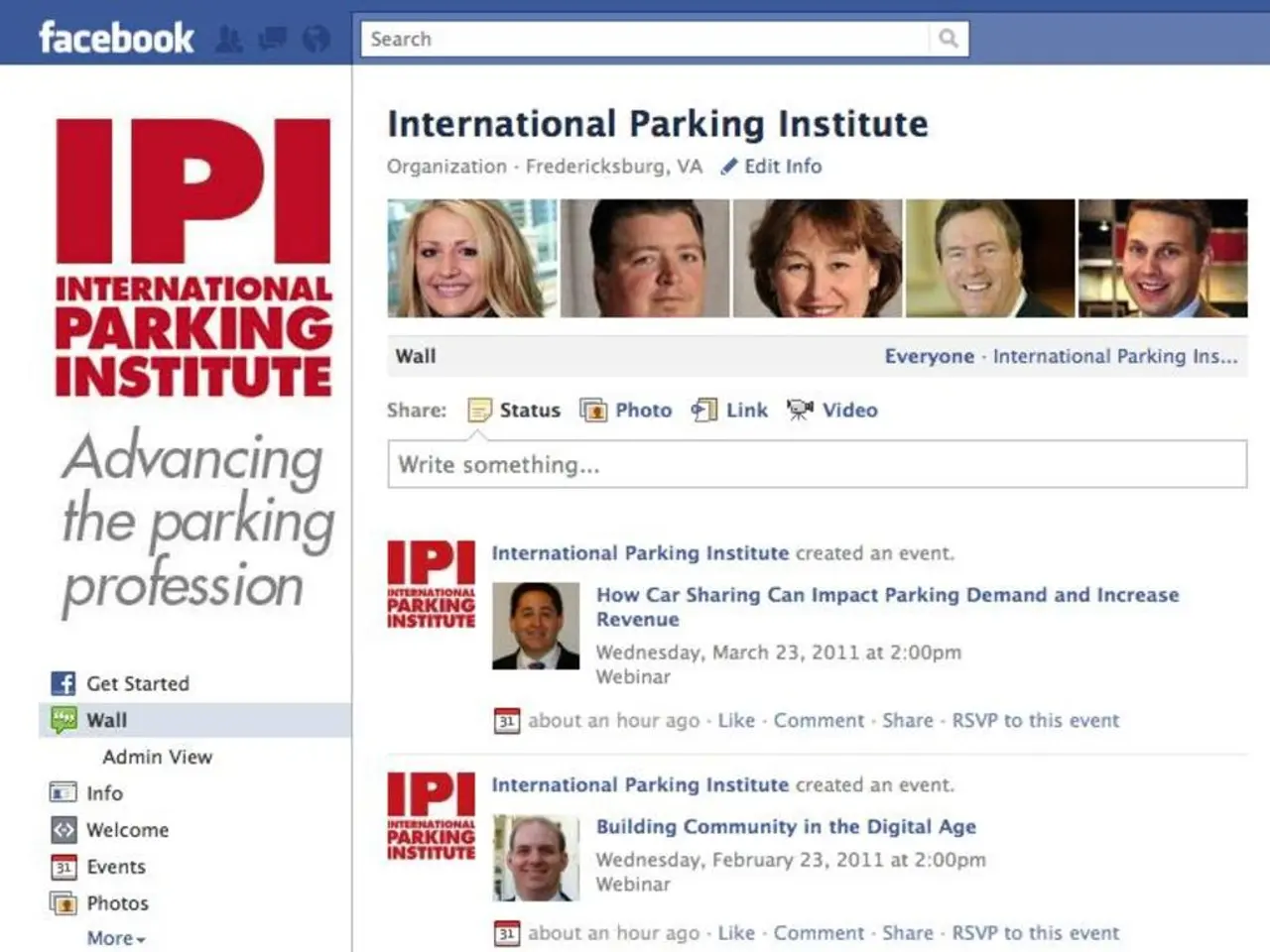Digital romance transforms into financial gain in the realm of online dating
In the wake of the coronavirus pandemic, feelings of loneliness have driven many singles to turn to online dating. This shift has been particularly profitable for companies like Match Group, the parent company of numerous dating apps, which has seen its profits increase significantly over the past decade.
The multiplication of dating apps extends beyond the mainstream, with platforms targeting specific audiences. For instance, Luxy, operated by Luxy Corp., caters to "millionaire matchmakers," while The League, developed by The League Inc. based in the US, focuses on professionals based on their field of activity, university education, and LinkedIn network. Toffee, a UK-based app, is designed exclusively for people educated in the private sector.
As the online dating industry continues to grow, so does the collection of personal data from users. Dating apps gather vast amounts of information, including tastes, values, and dreams. This data is processed by algorithms and stored indefinitely, potentially used for advertising targeting or integration into machine learning datasets.
The potential risks of sharing intimate information on these platforms should not be overlooked. Users are advised to check the identity and address of the company managing the application, payment conditions, renewal conditions, data transfer to third parties, and the location of the platform's servers.
The online dating industry in the United States generates nearly $2.5 billion. To generate profit, companies may offer integrated purchases or advertising options. Other apps, such as My Green Lovers, Bioflirt, or Amours Bio, cater to those sensitive to nature and animals.
Despite the costs, consumers are willing to spend tens of dollars each month on these platforms in their search for a future soulmate. The Toffee dating app, for example, charges a monthly membership fee of £5, acting as a barrier to entry. Many apps operate on a freemium model, offering free registration but requiring a paid subscription for full access to features.
The coronavirus pandemic has led to an increase in the use of online dating apps due to lockdowns and social restrictions. As the world continues to adapt to these changes, the online dating industry shows no signs of slowing down.
References: - Bpi France - Statista - La Tribune - Financial Times - Cover photo by Priscilla Du Preez
Read also:
- Nightly sweat episodes linked to GERD: Crucial insights explained
- Antitussives: List of Examples, Functions, Adverse Reactions, and Additional Details
- Asthma Diagnosis: Exploring FeNO Tests and Related Treatments
- Unfortunate Financial Disarray for a Family from California After an Expensive Emergency Room Visit with Their Burned Infant








